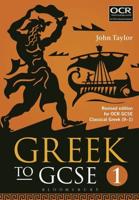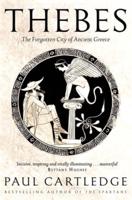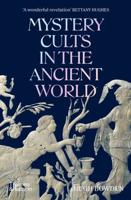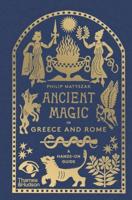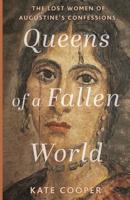Publisher's Synopsis
Titus Livius (59 BC-AD 17), known as Livy in English, was a Roman historian who wrote a monumental history of Rome, Ab Urbe Condita, from its founding (traditionally dated to 753 BC) through the reign of Augustus in Livy's own time. The title of his most famous work, Ab Urbe Condita ("From the Founding of the City"), expresses the scope and magnitude of Livy's undertaking. He wrote in a mixture of annual chronology and narrative. Livy claims that lack of historical data prior to the sacking of Rome in 387 BC by the Gauls made his task more difficult. He wrote the majority of his works during the reign of Augustus. However, he is often identified with an attachment to the Roman Republic and a desire for its restoration. His writing style was poetic and archaic in contrast to Caesar's and Cicero's styles. Also, he often wrote from the Romans' opponent's point of view in order to accent the Romans' virtues in their conquest of Italy and the Mediterranean.

